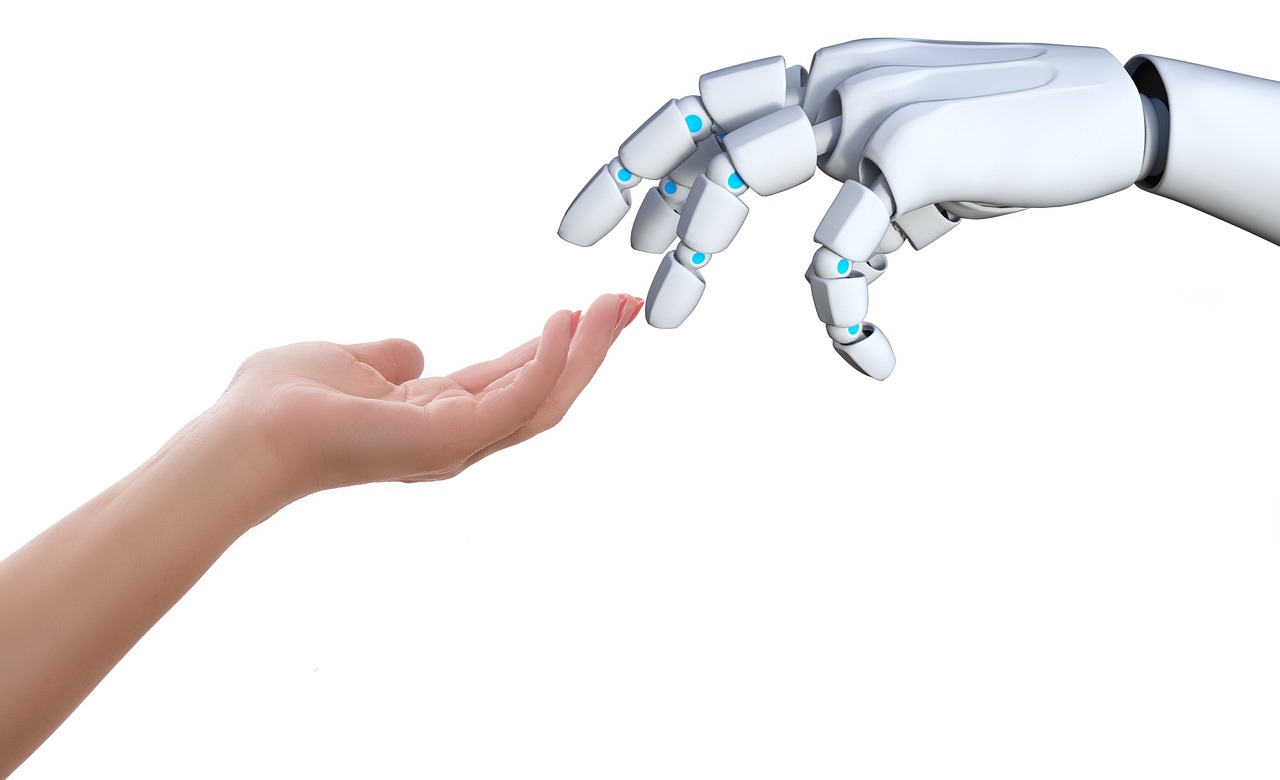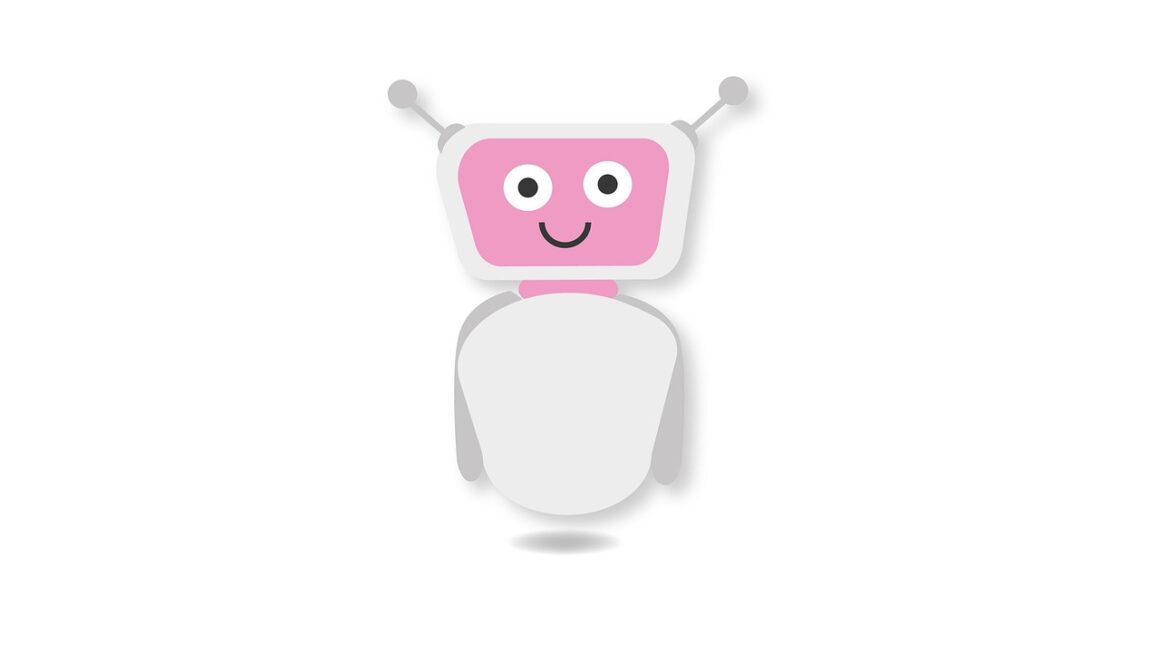The realm of technology is constantly evolving, and one of the most transformative forces currently shaping our digital landscape is artificial intelligence (AI). From personalized recommendations to automated tasks, AI-powered applications are rapidly changing the way we live and work. This blog post will explore the landscape of AI-powered apps, diving into their capabilities, benefits, and the profound impact they have on various aspects of our lives.
Understanding AI-Powered Apps
What Exactly are AI-Powered Apps?
AI-powered apps are software applications that leverage artificial intelligence techniques to perform tasks that typically require human intelligence. These tasks can include:
- Learning from data
- Recognizing patterns
- Making predictions
- Solving problems
- Understanding natural language
- Perceiving visual information
Unlike traditional apps that follow pre-programmed instructions, AI-powered apps can adapt and improve their performance over time through machine learning algorithms. This adaptability is what sets them apart and makes them so powerful.
Key Components of AI in Apps
Several key components work together to enable AI-powered functionalities in applications:
- Machine Learning (ML): Algorithms that allow apps to learn from data without explicit programming.
- Natural Language Processing (NLP): Enables apps to understand and process human language, allowing for natural interactions.
- Computer Vision: Allows apps to “see” and interpret images and videos.
- Deep Learning: A subset of ML that uses artificial neural networks with multiple layers to analyze data with greater complexity.
- Big Data: The large volumes of data required to train and refine AI models.
Benefits of Using AI-Powered Applications
Increased Efficiency and Productivity
AI excels at automating repetitive tasks, freeing up human workers to focus on more complex and creative endeavors. This leads to significant gains in efficiency and productivity. Consider these examples:
- Automated Customer Service: Chatbots powered by AI can handle routine customer inquiries, providing instant support and reducing wait times.
- Data Analysis: AI algorithms can quickly analyze vast amounts of data to identify trends and insights that would take humans much longer to uncover.
- Task Management: AI-powered task management apps can prioritize tasks, schedule meetings, and send reminders, helping users stay organized and on track.
Enhanced Personalization and User Experience
AI allows apps to deliver highly personalized experiences tailored to individual user preferences and needs. This leads to increased engagement and satisfaction:
- Personalized Recommendations: Streaming services like Netflix and Spotify use AI to recommend movies, TV shows, and music based on users’ viewing and listening history.
- Adaptive Learning Platforms: Educational apps can use AI to adapt the difficulty of exercises and content based on a student’s performance, providing a personalized learning path.
- Smart Home Automation: AI-powered smart home systems can learn users’ routines and preferences to automatically adjust lighting, temperature, and security settings.
Improved Decision-Making
AI algorithms can analyze large datasets to identify patterns and make predictions that can inform better decision-making across various domains:
- Financial Forecasting: AI can analyze market data to predict stock prices and investment opportunities.
- Medical Diagnosis: AI can assist doctors in diagnosing diseases by analyzing medical images and patient data. Studies show AI can sometimes identify cancers with greater accuracy than trained radiologists in early detection stages.
- Risk Management: AI can assess risks in various scenarios, from insurance claims to cybersecurity threats.
Examples of AI-Powered Apps in Action
AI in Everyday Life
AI is already deeply integrated into many apps we use daily. Here are a few examples:
- Google Assistant/Siri/Alexa: These virtual assistants use NLP to understand voice commands and perform tasks like setting alarms, playing music, and providing information.
- Grammarly: This writing assistant uses AI to identify grammatical errors, suggest better phrasing, and improve overall writing quality.
- Google Photos: This app uses computer vision to automatically organize and tag photos based on content, making it easier to find specific images.
AI in Business and Industry
AI is revolutionizing various industries by automating tasks, improving efficiency, and driving innovation:
- CRM Systems: AI-powered CRM systems can analyze customer data to identify leads, personalize marketing campaigns, and improve customer service. Salesforce Einstein is a prime example.
- Supply Chain Management: AI can optimize supply chains by predicting demand, managing inventory, and routing deliveries.
- Cybersecurity: AI can detect and prevent cyber threats by analyzing network traffic and identifying suspicious activity. Darktrace is a company specializing in AI-powered cybersecurity.
The Role of AI in Healthcare
The healthcare industry is experiencing a significant transformation thanks to AI. This includes:
- Drug Discovery: AI accelerates drug discovery by analyzing vast amounts of data to identify potential drug candidates.
- Personalized Medicine: AI helps tailor treatment plans to individual patients based on their genetic makeup and medical history.
- Remote Patient Monitoring: AI-powered wearable devices can monitor patients’ vital signs and alert doctors to potential health issues.
Challenges and Considerations When Using AI
Data Privacy and Security
AI algorithms require large amounts of data to train and operate, raising concerns about data privacy and security. It’s crucial to ensure that data is collected, stored, and used ethically and securely. Implementing robust security measures and complying with privacy regulations like GDPR and CCPA are essential.
Bias and Fairness
AI algorithms can inherit biases from the data they are trained on, leading to unfair or discriminatory outcomes. It’s important to carefully evaluate training data and algorithms to identify and mitigate bias. Continuously monitoring AI systems for bias and implementing fairness-aware algorithms are key to ensuring equitable outcomes.
Job Displacement
The automation capabilities of AI raise concerns about job displacement. While AI will undoubtedly automate some jobs, it will also create new opportunities in areas like AI development, data science, and AI ethics. Focusing on education and training programs to help workers adapt to the changing job market is crucial.
Conclusion
AI-powered apps are transforming our world in profound ways, offering increased efficiency, enhanced personalization, and improved decision-making. As AI technology continues to evolve, it’s essential to address the challenges related to data privacy, bias, and job displacement to ensure that AI is used responsibly and ethically. By embracing the potential of AI while mitigating its risks, we can unlock a future where technology empowers us to achieve more and improve the quality of life for everyone. The future is intelligent, and AI-powered applications are leading the charge.




